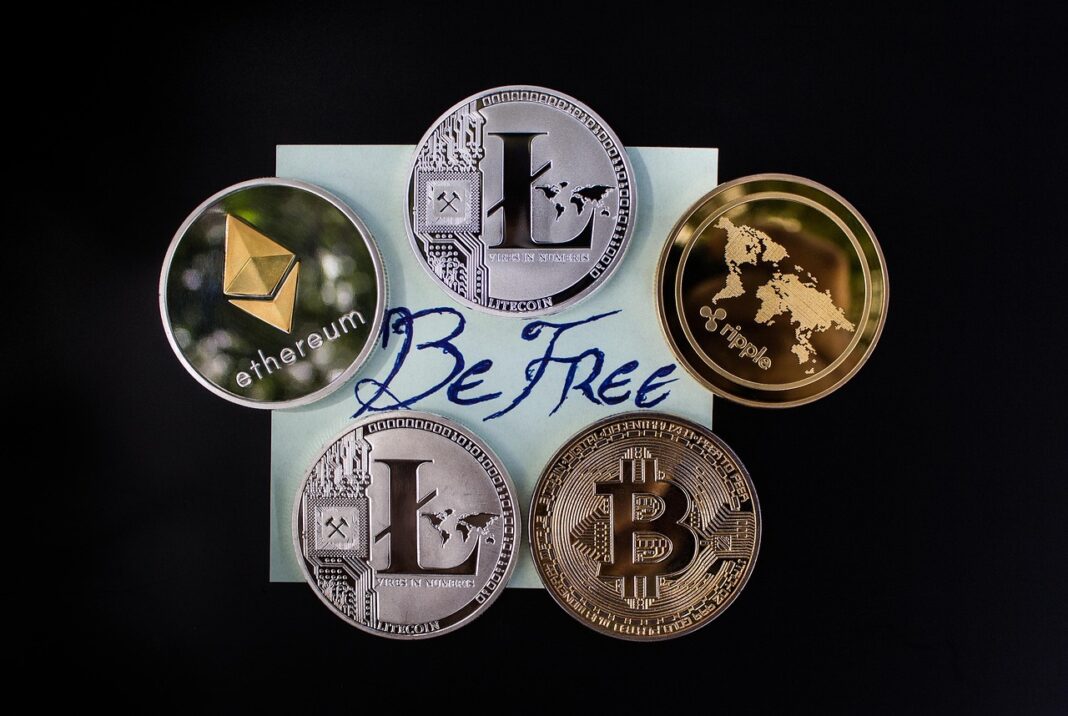Governance tokens are revolutionizing how decentralized projects are managed. By empowering token holders with voting rights, these digital assets foster community-driven decision-making and promote a more inclusive and transparent ecosystem. This post will delve into the intricacies of governance tokens, exploring their mechanics, benefits, challenges, and real-world applications.
What are Governance Tokens?
The Core Concept
Governance tokens are a type of cryptocurrency or digital asset that grants holders the right to participate in the decision-making processes of a blockchain project or decentralized autonomous organization (DAO). Think of them as shares in a company, but instead of dictating the quarterly report, they influence the project’s future.
How They Work
Governance token holders can typically vote on proposals related to various aspects of the project, such as:
- Protocol upgrades
- New feature implementations
- Allocation of funds
- Changes to governance rules
- Partnerships and collaborations
The weight of a holder’s vote is usually proportional to the number of governance tokens they possess. This mechanism aligns incentives between the project’s developers and its users, ensuring that decisions are made in the best interests of the community.
Examples of Governance Tokens
- Maker (MKR): Used to govern the MakerDAO protocol and the stability of the DAI stablecoin. MKR holders vote on parameters such as stability fees and debt ceilings.
- Compound (COMP): Grants holders the ability to propose and vote on changes to the Compound protocol, a decentralized lending and borrowing platform.
- Uniswap (UNI): Allows holders to participate in the governance of the Uniswap decentralized exchange, influencing decisions about protocol upgrades and treasury management.
- Aave (AAVE): Enables holders to vote on improvements to the Aave protocol, including risk parameters, new asset listings, and overall platform governance.
Benefits of Governance Tokens
Decentralized Decision-Making
Governance tokens democratize the decision-making process, distributing power away from centralized entities and placing it in the hands of the community. This approach fosters transparency and inclusivity, promoting a sense of ownership among token holders.
Community Engagement
By giving users a voice in the project’s direction, governance tokens encourage active participation and engagement. Token holders are incentivized to stay informed about the project’s developments, contribute ideas, and participate in voting processes. This active involvement can lead to a more vibrant and resilient community.
Innovation and Adaptability
A decentralized governance model allows projects to adapt quickly to changing market conditions and emerging opportunities. The community can propose and vote on new features, partnerships, or strategies, enabling the project to stay ahead of the curve and remain competitive.
Increased Transparency
Governance token systems often operate on-chain, meaning that all proposals, votes, and outcomes are publicly recorded on the blockchain. This transparency enhances accountability and reduces the risk of corruption or mismanagement.
Challenges and Considerations
Voter Apathy
One of the main challenges is low voter turnout. Many governance token holders may not actively participate in voting, either due to a lack of time, knowledge, or interest. This apathy can undermine the effectiveness of the governance system and potentially lead to decisions being made by a small minority of token holders.
Whale Influence
Holders with a large number of governance tokens (often referred to as “whales”) can exert disproportionate influence on voting outcomes. This can lead to decisions that benefit a small group of powerful individuals rather than the broader community. Implementing mechanisms to mitigate whale influence, such as quadratic voting, can help address this issue.
Security Risks
Governance systems are vulnerable to attacks, such as Sybil attacks (where a single entity controls a large number of voting identities) and bribery attacks (where voters are incentivized to vote in a particular way). Robust security measures and careful design of the governance system are crucial to mitigate these risks.
Complexity
Understanding and participating in governance systems can be complex, especially for new users. Simplifying the voting process, providing clear and concise information about proposals, and offering educational resources can help increase participation and engagement.
Implementing a Successful Governance Token System
Clear Governance Rules
Establish clear and well-defined rules for governance, including the process for submitting proposals, voting mechanisms, quorum requirements, and conflict resolution procedures. Transparency in these rules is essential for building trust and ensuring fairness.
Community Education
Invest in educating the community about the governance system, its benefits, and how to participate effectively. Provide resources such as tutorials, FAQs, and community forums to help users understand the process and make informed decisions.
Progressive Decentralization
Gradually decentralize governance over time, starting with a more centralized approach and progressively transferring power to the community as the project matures. This allows the team to maintain control during the initial stages while gradually empowering token holders to take over governance responsibilities.
Incentivize Participation
Implement mechanisms to incentivize participation in governance, such as rewarding voters with additional tokens or providing exclusive access to features or services. This can help increase voter turnout and ensure that decisions are made by a representative sample of the community.
Conclusion
Governance tokens are a powerful tool for decentralizing decision-making and empowering communities. While challenges exist, the benefits of increased transparency, community engagement, and adaptability make them an increasingly important component of the decentralized landscape. By carefully designing and implementing governance token systems, projects can foster a more inclusive, democratic, and resilient future for blockchain technology. As the space matures, expect to see even more innovative approaches to governance that further empower users and drive the evolution of decentralized organizations.




